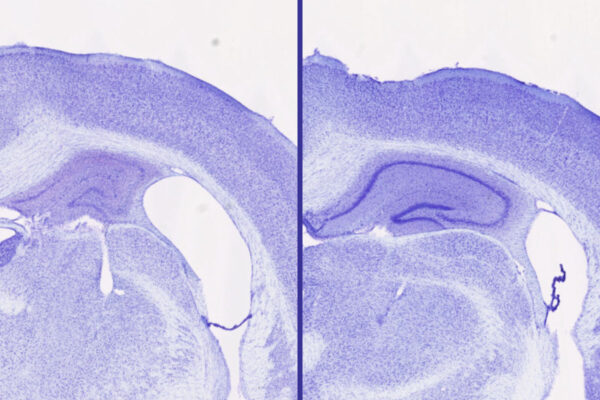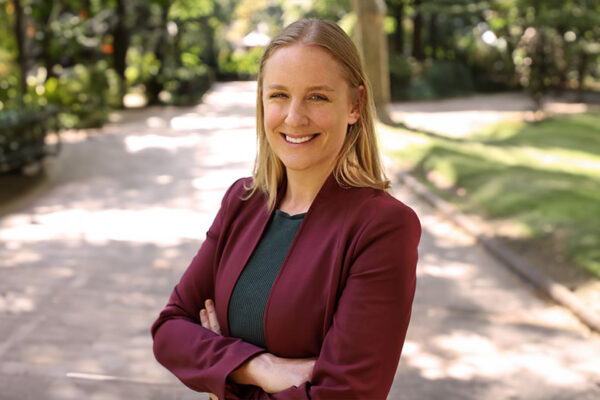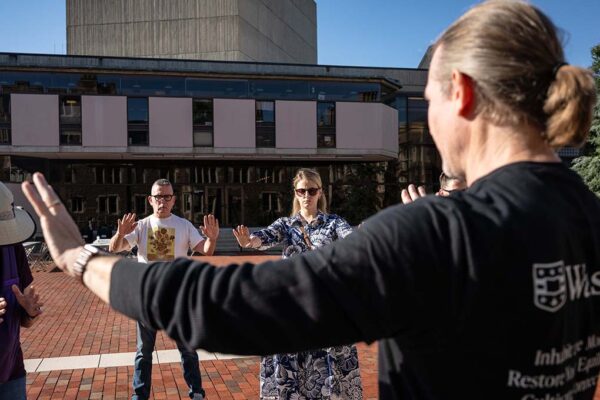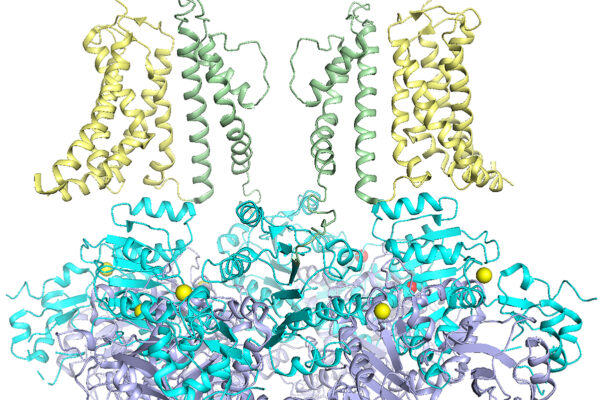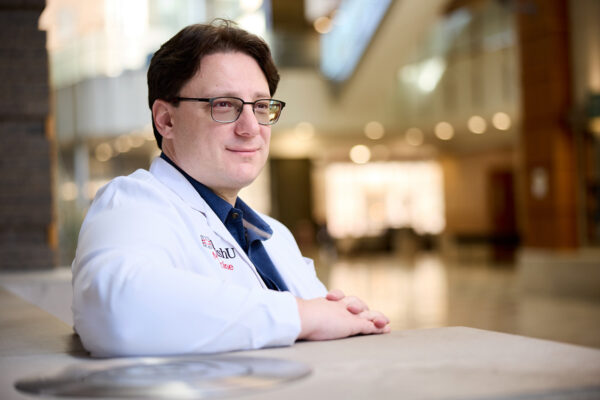Research untangles role of stress granules in neurodegenerative disease
Researchers at WashU and St. Jude Children’s Research Hospital have found that biomolecular condensates play a role in suppressing the effects of ALS-causing mutations.
WashU experts defend fluoride with facts
Amid growing misinformation, WashU health experts provided Rolla leaders with clear data to support smart health policy. City leaders voted to preserve fluoride in the water supply.
Sleep aid blocks neurodegeneration in mice
A new study by WashU Medicine researchers suggests that lemborexant and sleep aids that work the same way could help treat or prevent damage caused by harmful buildup of the protein tau in multiple neurodegenerative diseases, including Alzheimer’s.
Private equity ownership tied to lower psychiatric hospital staffing, higher quality performance
Private equity ownership of psychiatric hospitals in the United States is associated with lower staffing levels, but also higher performance on certain quality measures, finds a new study from the Brown School at Washington University in St. Louis.
Can mindfulness combat anxiety?
Researchers at WashU explore the potential for mindfulness techniques to calm anxiety.
Genetic mutations in potassium ion channel target of new drug development
Researchers at WashU will study ways to fix malfunctioning ion channels responsible for neurological and heart illness.
WashU Medicine fungal specialists fight often misdiagnosed infections
WashU Medicine’s Invasive Fungal Infections Clinic has been named a Center of Excellence, Diamond Level, by the European Confederation of Medical Mycology in recognition of its three-fold excellence in diagnosis, management and research on fungal infections. It is one of two clinics with such status in the U.S. and one of 13 in the world.
New Medicaid policy lab brings data to the debate
As Congress weighs $715 billion in Medicaid cuts, WashU’s new Medicaid Policy Analysis Lab offers timely briefs showing how policy changes impact real people — especially in Missouri.
How to manage mental health in wake of recent storms
Social connections and psychological first aid can help to alleviate post-disaster stressors, says an expert on mental health at the WashU School of Public Health.
Eating disorders a hidden crisis on college campuses
Researchers at Washington University led a study of nearly 30,000 students that shatters misconceptions about eating disorders, a common and misunderstood condition.
Older Stories


